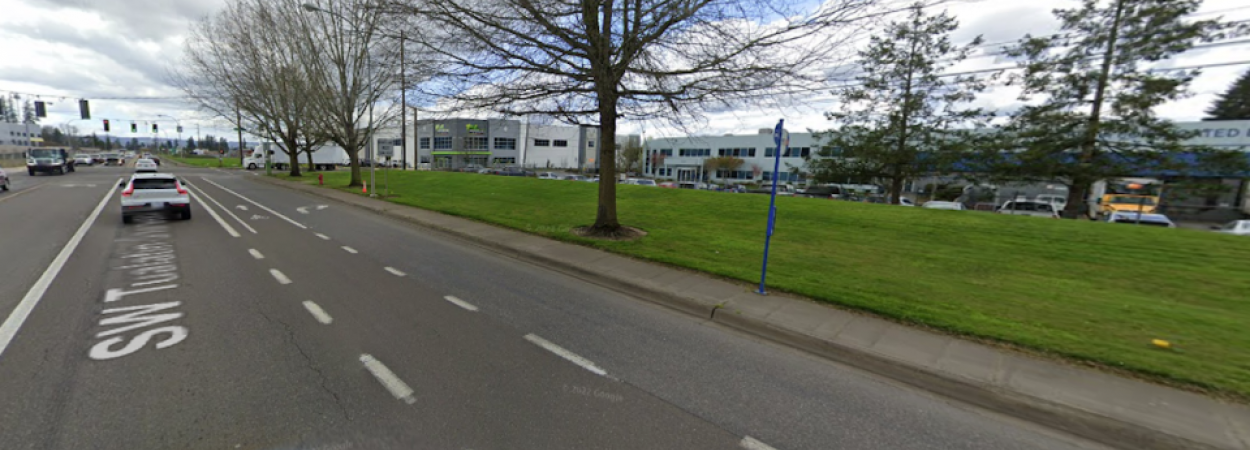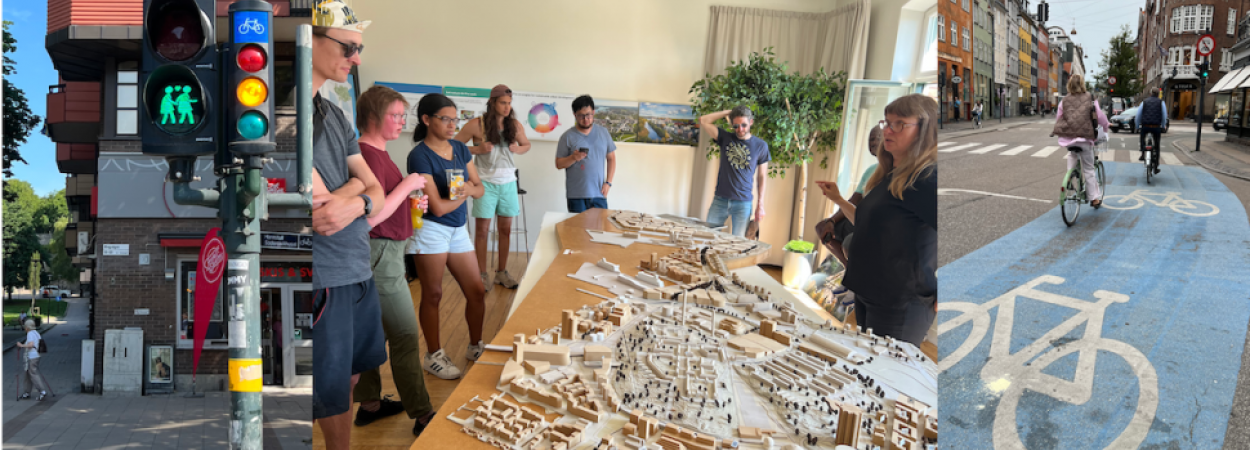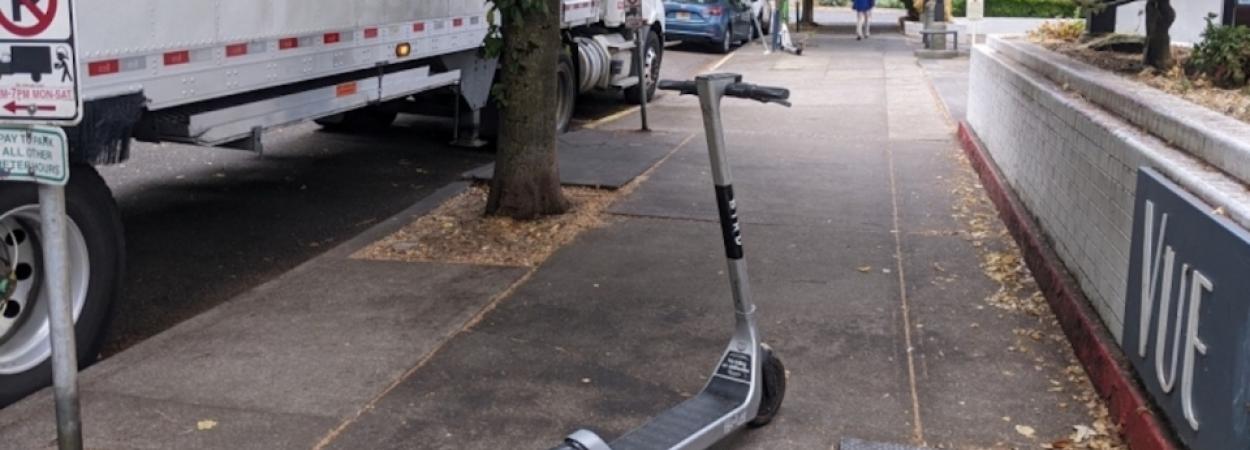 |  |  |

Travel time reliability – or the consistency and dependability of travel times from day to day, and at different times of day – is a key metric that significantly affects people’s travel behavior. Since businesses rely heavily on transportation systems, an unreliable transportation network can also impact the economic competitiveness of urban areas. As such, reliable travel times are important for transportation agencies to promote economic stability within a community. Having accurate methods to evaluate reliability is important for both transportation practitioners and researchers.
A new report from Portland State University offers an improved method for determining the confidence interval of travel time reliability metrics. Researchers Avinash Unnikrishnan, Subhash Kochar and Miguel Figliozzi of PSU’s Maseeh College of Engineering and Computer Science used a highway corridor in Portland, Oregon as a case study to evaluate their method, and found that it compared favorably w…
Read More
A group of nine transportation students traveled to Denmark and Sweden this past summer, to meet with planners and engineers and get a feel for on-the-ground transportation in Copenhagen and Stockholm. They explored the area by rail, foot, bike and boat, in between presentations and tours led by professionals.
Portland State University's Transportation Research and Education Center (TREC)'s associate director, Hau Hagedorn, and sustainable transportation program manager, John MacArthur, led the Initiative for Bicycle and Pedestrian Innovation (IBPI) Study Abroad program. See photos from the trip.
In past years they've traveled to the Netherlands to experience the Dutch approach to cycling…
Read More
Researchers Rob Hemphill, John MacArthur, Jennifer Dill and Philip Longenecker of Portland State University; Garima Desai of the University of California, Santa Cruz; Lillie Nie of the University of Southern California; and Abbey Ibarra of California State Polytechnic University-Pomona have published an article in the August 2022 issue of the Journal of Transport and Land Use.
The article, "Congested sidewalks: The effects of the built environment on e-scooter parking compliance," offers recommendations for policymakers and future research around the impacts of the built environment on electric scooter (e-scooter) parking.
With the proliferation of e-scooters in cities across the world, concerns have arisen about users parking them on sidewalks and in other public spaces. Research has looked at e-scooter parking compliance and compared compliance to other mobility devices, but until now, r…
Read More
We are proud to introduce four new transportation scholarship recipients at Portland State University for the 2022/23 academic year. Congratulations to Peter Domine, Lise Ferguson, Kyu Ri Kim, and Valeria Tapia, all students in the Toulan School of Urban Studies and Planning!
Scholarships are made possible by the generosity of donors who want to invest in the future of Portland State students. PSU students work on real transportation system projects with partners in our community. Through scholarships, we can support students in overcoming barriers to funding as well as acknowledging those who go above and beyond in advancing transportation. Learn more about PSU transportation funding opportunities and read about past transportation scholars.
I am a lifelong Oregonian and…
Read More
How can community members become more engaged in transportation decision making?
Individuals and groups can learn to effect powerful change, but success requires some familiarity with how civic processes work. Community Transportation Academies, or CTAs, provide a basic technical understanding of how a city or region’s transportation system operates, along with the decision makers and decision-making processes that determine how the system is shaped.
Supported by the National Institute for Transportation and Communities (NITC), the new Wasatch Transportation Academy (WTA) at the University of Utah was piloted in 2022 in the Salt Lake City region. The research team developed a course vision, topics, and logistics for the WTA by interviewing stakeholders in the Utah Governor’s Office of Planning and Budget, the Utah Department of Transportation, the Utah Transit Authority, Salt Lake…
Read More